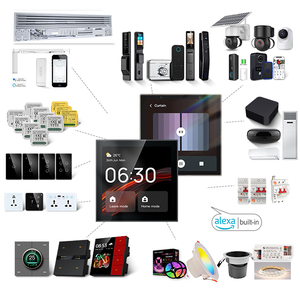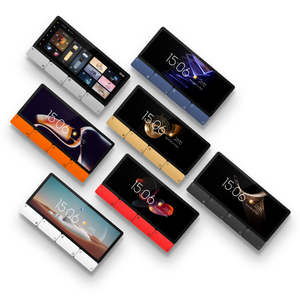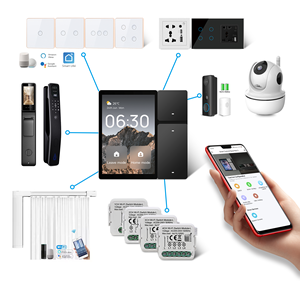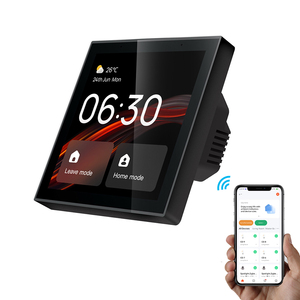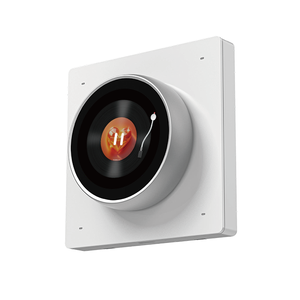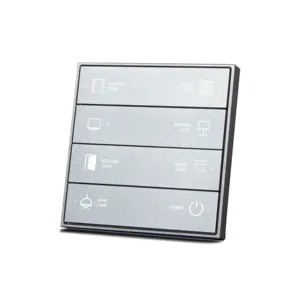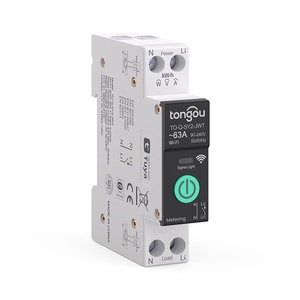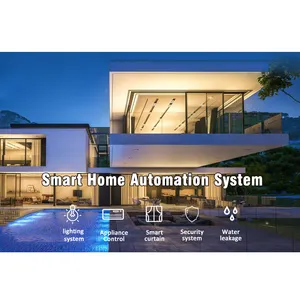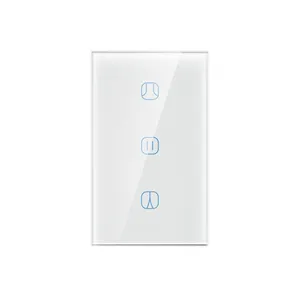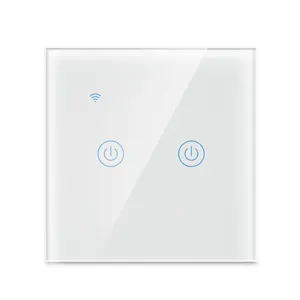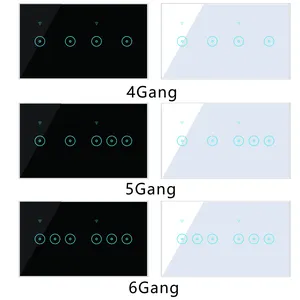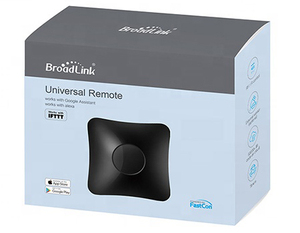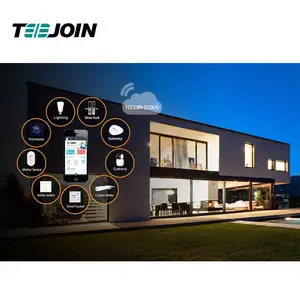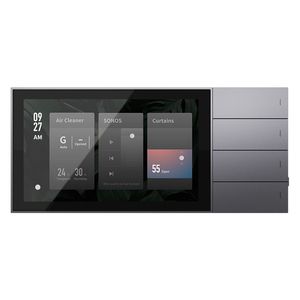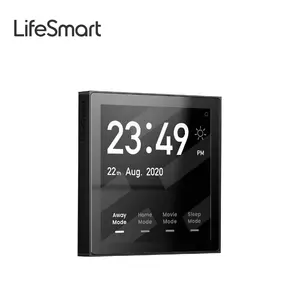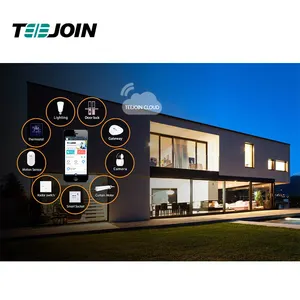Smart Factory Automation



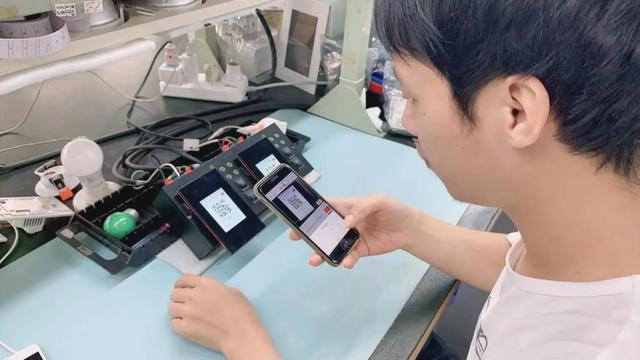





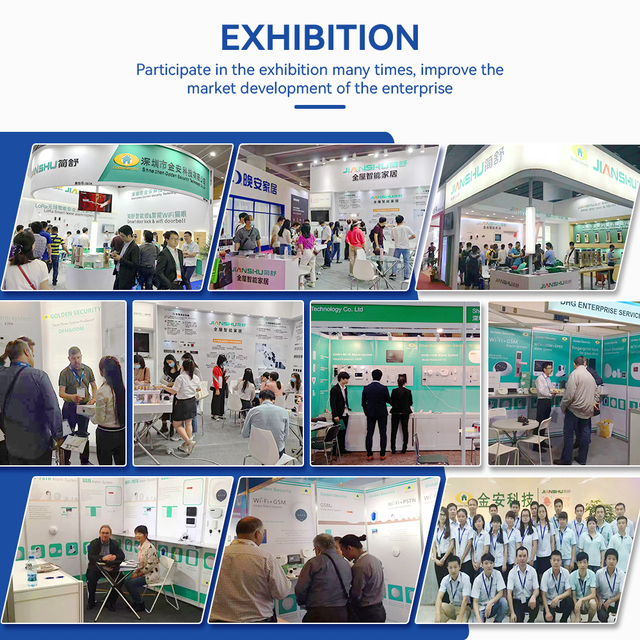







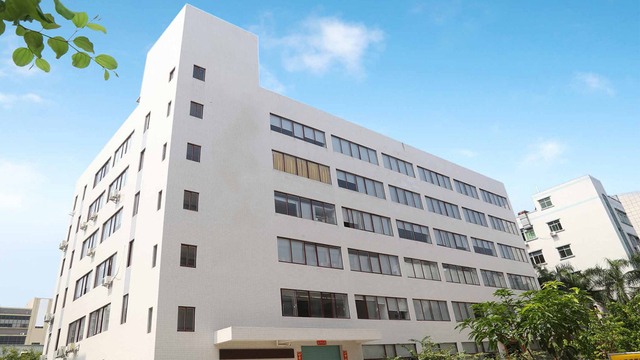





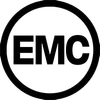
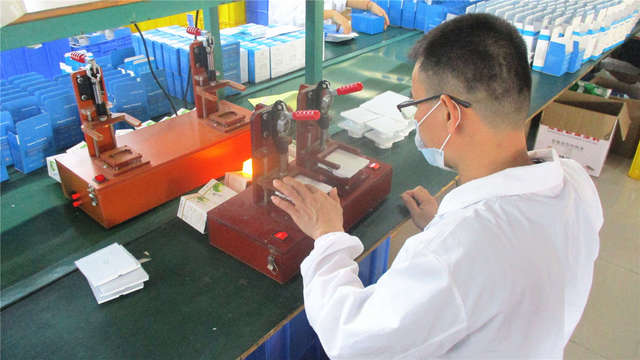






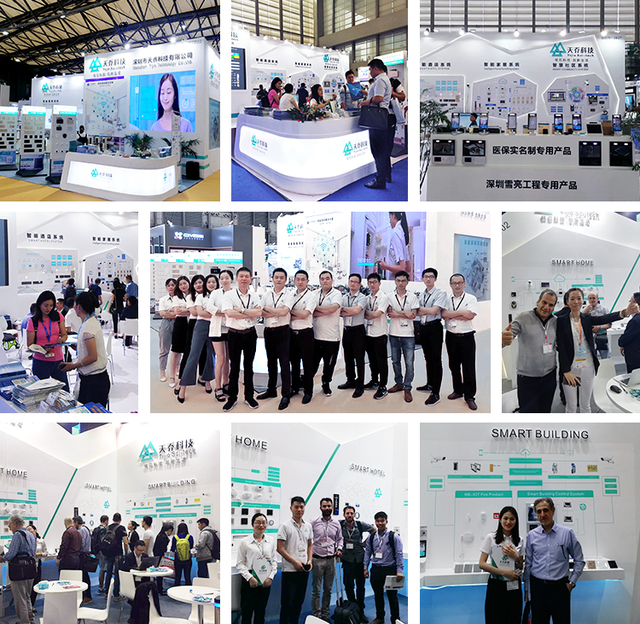









About smart factory automation
Where to Source Smart Factory Automation Suppliers?
China remains the global epicenter for smart factory automation manufacturing, with key production clusters in Shenzhen, Hangzhou, and Taizhou driving innovation and scale. These regions host vertically integrated supply chains that combine electronics manufacturing, IoT development, and industrial control systems under one ecosystem. Shenzhen leads in R&D intensity, offering rapid prototyping and firmware customization for wireless mesh networks and cloud-connected devices. Hangzhou and Taizhou contribute specialized expertise in low-voltage control modules and human-machine interfaces, enabling cost-efficient production of scalable automation solutions.
The proximity of component suppliers, PCB fabricators, and logistics providers within 50km radii allows for agile production cycles and faster time-to-market. Buyers benefit from localized sourcing advantages including 20–35% lower unit costs compared to Western manufacturers, lead times averaging 15–25 days for standard orders, and flexibility in both minimum order quantities (MOQs) and technical modifications. The integration of Tuya, Zigbee, and Wi-Fi-based protocols across product lines ensures interoperability with existing smart infrastructure in industrial and commercial environments.
How to Evaluate Smart Factory Automation Suppliers?
Effective supplier selection requires a structured assessment across three core dimensions:
Technical & Functional Compliance
Verify compatibility with required communication protocols (Wi-Fi, Zigbee, or proprietary mesh). Ensure products support remote monitoring, programmable logic control, and API integration where applicable. For industrial deployments, confirm ingress protection ratings (e.g., IP65 for dust/moisture resistance) and operating temperature ranges suitable for factory environments. While explicit ISO or CE certifications are not listed in available data, prioritize suppliers demonstrating robust testing procedures and compliance documentation upon request.
Production and Customization Capacity
Assess operational scale through verifiable metrics:
- Suppliers with online revenue exceeding US $100,000 indicate established production throughput
- Customization capabilities include panel color, switch module configuration, LED flash effects, labeling, and embedded thermostat logic
- Dedicated R&D teams enable firmware personalization and UI/UX adaptation for OEM clients
Cross-reference response times (≤4 hours preferred) and on-time delivery rates (>95%) as proxies for operational reliability and scalability.
Procurement Risk Mitigation
Implement transaction safeguards such as phased payments and post-delivery performance validation. Leverage sample testing to evaluate build quality, software responsiveness, and long-term stability. Confirm packaging integrity for international shipping, especially for sensitive electronic components. Analyze reorder rates as an indicator of customer satisfaction—rates above 30% suggest consistent product performance and service reliability.
What Are the Leading Smart Factory Automation Suppliers?
| Company Name | Type | Online Revenue | On-Time Delivery | Avg. Response | Reorder Rate | Min. Order Flexibility | Customization Options | Main Product Focus |
|---|---|---|---|---|---|---|---|---|
| Shenzhen Lanbon Hi-Tech Co., Ltd. | Custom Manufacturer | US $140,000+ | 98% | ≤4h | <15% | 5 pieces | Yes | Smart lighting, home/industrial automation systems |
| Taizhou Tianlai Youyang Electronic Technology Co., Ltd. | Manufacturer | US $100,000+ | 100% | ≤1h | 21% | 1 piece | No | Wall switches, smart home kits, voice-controlled panels |
| Hangzhou Konke Information Technology Co., Ltd. | Manufacturer | US $20,000+ | 100% | ≤12h | 50% | 10–500 pieces | Yes | Zigbee systems, whole-house automation, hotel solutions |
| Shenzhen Lona Technology Co., Ltd. | Manufacturer | US $10,000+ | 82% | ≤2h | 20% | 1 piece | No | Smart control panels, WiFi automation systems |
| Shenzhen Tuo An Smart Technology Co., Ltd. | Manufacturer | US $390,000+ | 94% | ≤2h | 31% | 1 set/box | No | Wireless smart home kits, Tuya-integrated systems |
Performance Analysis
Shenzhen Tuo An leads in sales volume and reorder frequency (31%), indicating strong market acceptance of its competitively priced, ready-to-deploy systems. Taizhou Tianlai distinguishes itself with perfect on-time delivery and sub-1-hour response times, making it ideal for time-sensitive procurement. Hangzhou Konke, despite lower reported revenue, achieves the highest reorder rate (50%), suggesting high end-user satisfaction and system reliability in deployed environments. Shenzhen Lanbon offers extensive customization but exhibits a low reorder rate, which may reflect niche targeting or longer replacement cycles. Lona Technology’s 82% on-time delivery rate presents a potential risk for mission-critical timelines, warranting closer logistical oversight.
FAQs
What is the typical MOQ for smart factory automation systems?
Minimum order quantities vary by supplier and product type, ranging from 1 piece for basic control panels to 500 pieces for fully customized whole-house systems. Entry-level smart switches and kits often allow single-unit sampling, while integrated automation hubs require 10–100 unit commitments.
How long does production and delivery take?
Standard orders typically ship within 15–25 days after confirmation. Customized units with specific firmware, labeling, or hardware modifications may extend lead times to 30–40 days. Air freight adds 7–10 days for international delivery; sea freight requires 25–35 days depending on destination port.
Can suppliers integrate with existing industrial IoT platforms?
Yes, many suppliers support Tuya, Zigbee, and Wi-Fi protocols that enable integration with major cloud platforms. For deeper enterprise connectivity, confirm API availability and data encryption standards during technical vetting. Some manufacturers offer SDK access for custom middleware development.
Do suppliers provide samples for evaluation?
Sample availability depends on model and pricing tier. Most suppliers offer samples at full or partial cost, with fees often credited toward bulk orders. Expect to pay between $38–$799 per unit depending on complexity, with lead times of 7–14 days for processing.
What customization options are available?
Available modifications include switch module design, LED indicators, color finishes, packaging labels, and firmware behavior (e.g., scene triggering, thermostat logic). High-volume buyers can request private branding, unique graphic interfaces, and dedicated app configurations. Confirm feasibility directly with engineering teams prior to order placement.



























